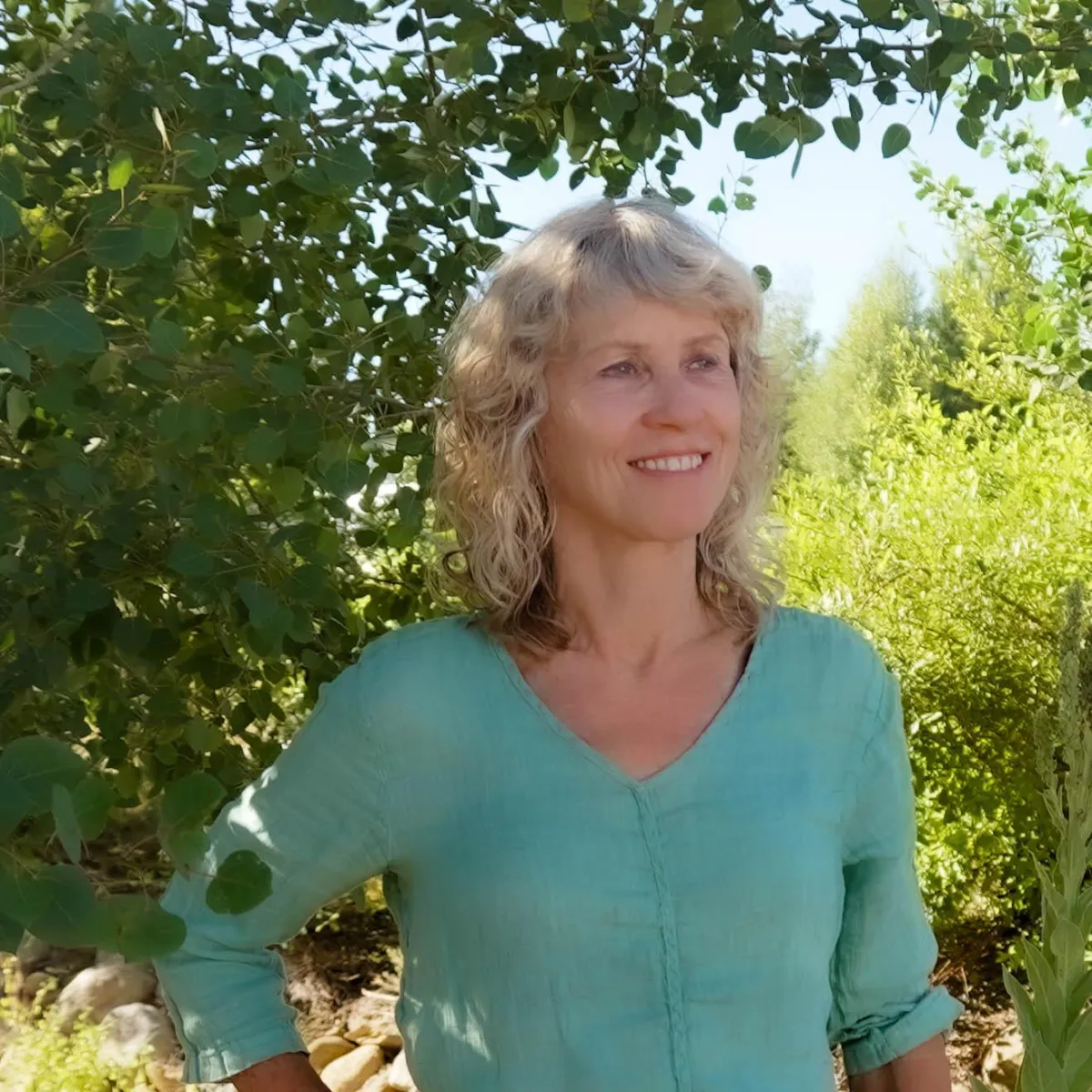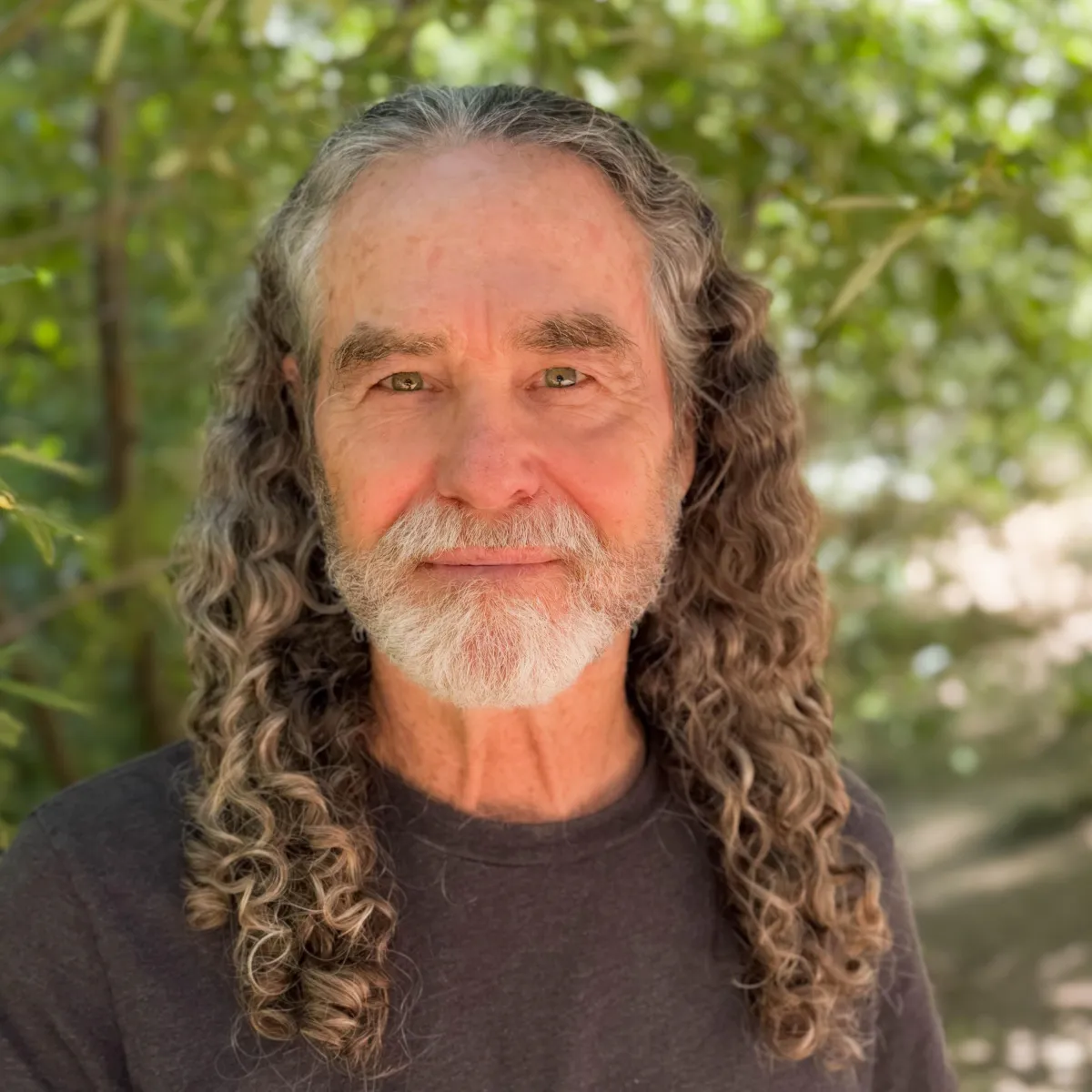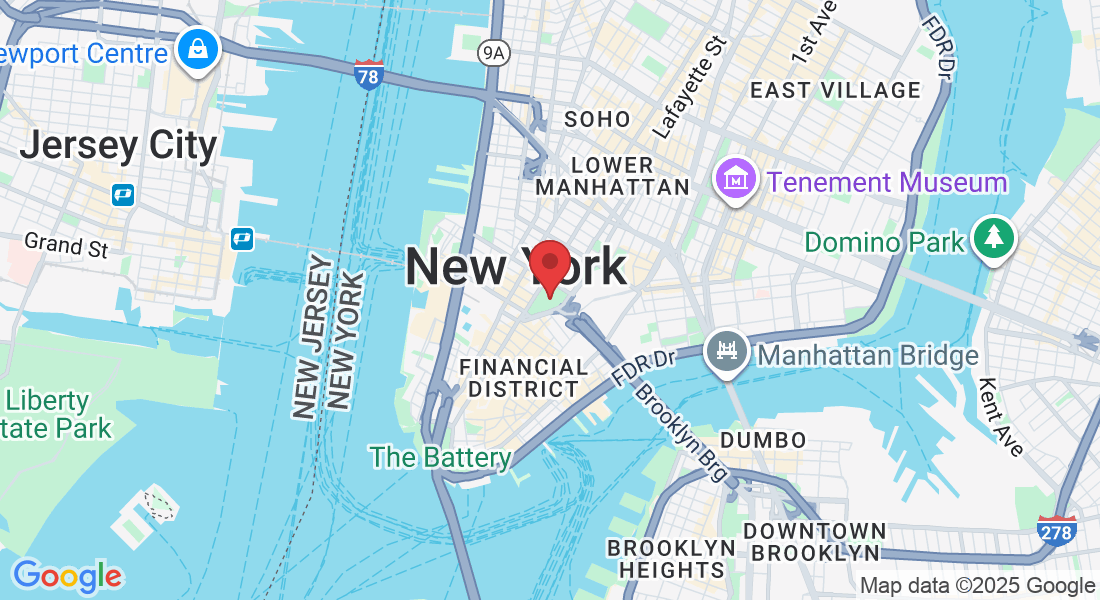You Are Not Alone, You Are Not Broken.
Grief,
is not the end of the story.
It is sacred. Greater than loss.
Welcome to The Afterloss—where grief becomes your sacred gateway to deeper meaning, profound connection, and lasting legacy.
Most grief communities create altars of perpetual wounding—circles where pain is rehearsed endlessly, where healing feels impossible, where your timeline is questioned.
Here, we offer a living path forward.
A place where your sorrow is honored as sacred, where healing unfolds naturally, where your unique grief story becomes a source of wisdom and connection—not just for you, but for the world.
Grief,
is not the end of the story.
It is sacred. Greater than loss.
Welcome to the AfterLoss — a sanctuary for those walking the sacred path beyond loss.
Here, we do not rush past sorrow or try to fix what cannot be fixed. We breathe into what is broken, and from that breath, something whole begins to stir.
This is not a place of answers — it is a place of presence.
A sacred threshold where grief becomes a teacher, memory becomes a guide, and healing happens in layers, not lines.
The AfterLoss
There is a moment after loss when the world no longer feels like it once did — a fracture in time and meaning.
Everything that was… no longer is. Everything that is… doesn’t yet make sense.
This is the AfterLoss — a sacred landscape without maps.
Named by grief guide and author
Benjamin Allen, the AfterLoss is not just the aftermath of death or separation.
It is the space we enter when the old story ends… and no new story has yet begun.
It is where we walk when life has changed shape, and we are left to find new footing, new language, and a new relationship with what remains.
The AfterLoss is not a detour.
It is the path.
And while each path is deeply personal,
you are not alone.
Here, we name the unnamed.
Here, we honor sorrow not as weakness, but as a form of devotion.
Here, we walk together — through memory, ritual, and sacred presence — into a new way of being.
Seasons of Solace Meditations
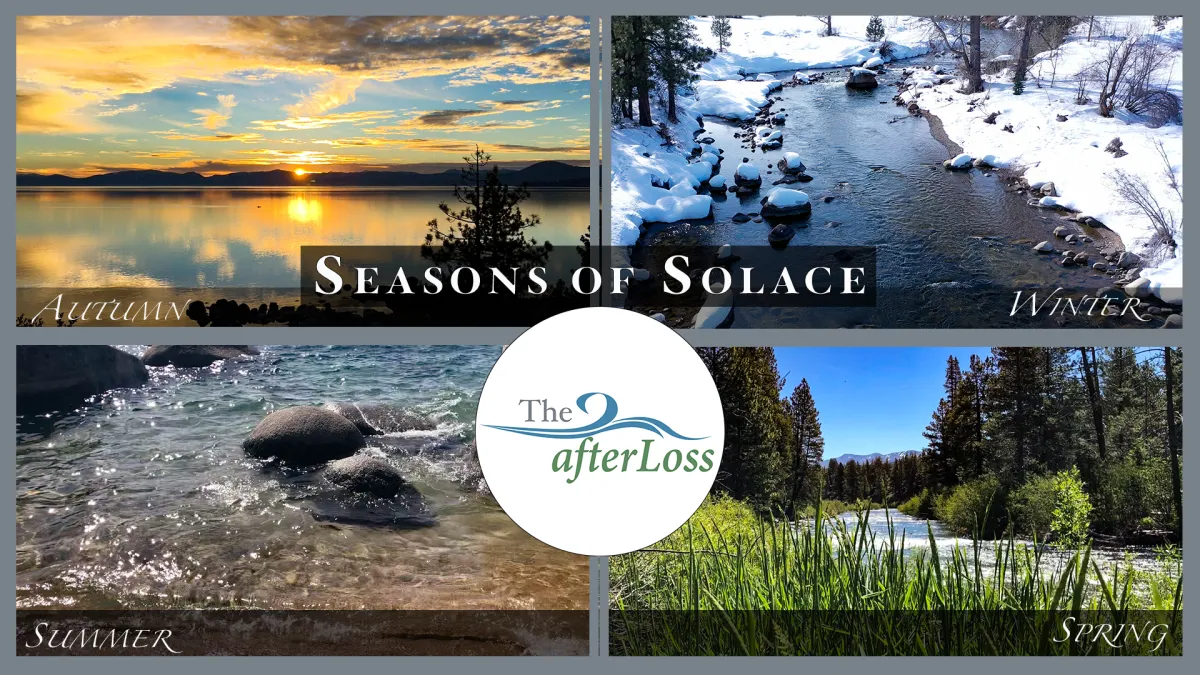
Seasons of Solace:
Autumn - Winter - Spring - Summer
A Guided Meditation Journey through the Sacred Seasons of Grief
In the AfterLoss, healing does not arrive all at once — it comes in seasons, in breaths, in small, sacred moments of stillness.
The Seasons of Solace video meditation series invites you to gently enter that space.
Each 3–5 minute episode is a guided companion through the layered terrain of grief, using voice, imagery, breath, and reflection to soothe the soul and soften the edges of sorrow.
These are not just meditations — they are offerings.
Each one honors a different emotional truth of loss: the ache of absence, the longing for connection, the fear of forgetting, the slow reawakening of life.
You are welcome exactly as you are — weary, hopeful, lost, or seeking.
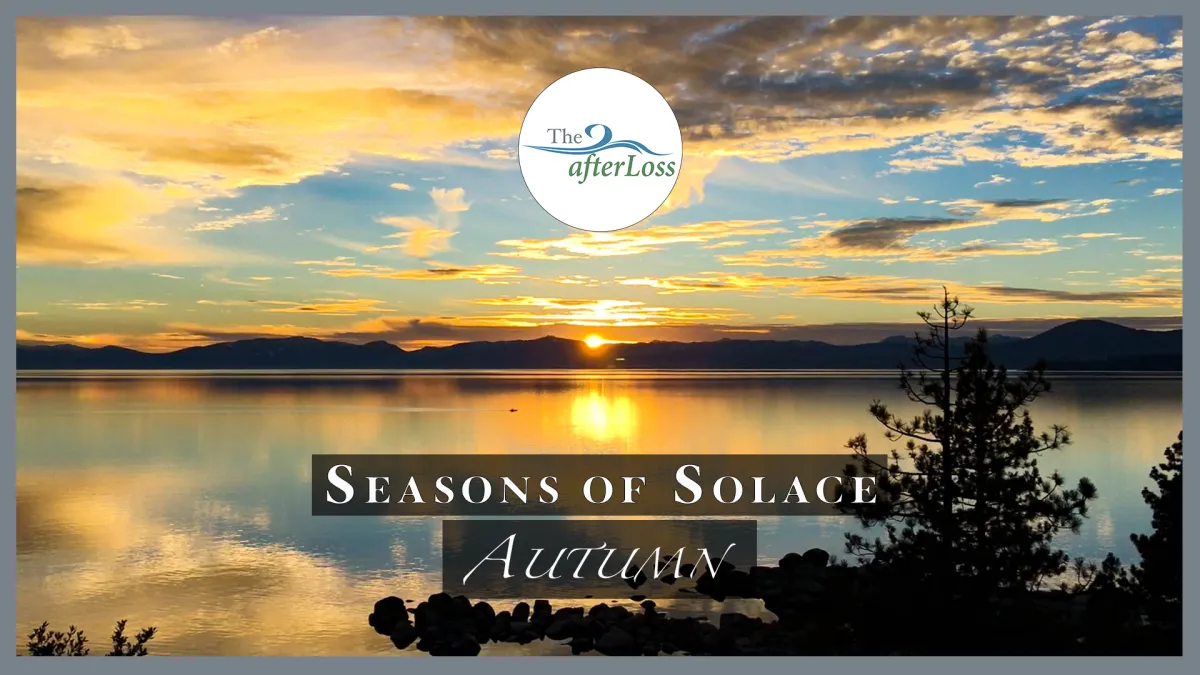
Seasons of Solace Meditation -
Autumn Series
Autumn is the season of letting go — of falling leaves, quieter light, and the whispered turning inward.
The Seasons of Solace: Autumn Series offers 16 gently guided meditations that honor this sacred time of transition.
Each 3–5 minute video is a pause, a breath, a moment of companionship through the layered experience of grief.
Together, they form a daily rhythm — one meditation each day — guiding you through themes of memory, identity, presence, sorrow, silence, and unexpected peace.
Whether your grief is fresh or years old, this series meets you where you are and walks with you gently through the landscape of the AfterLoss, helping you find coherence, connection, and renewal in the quiet turning of the season.
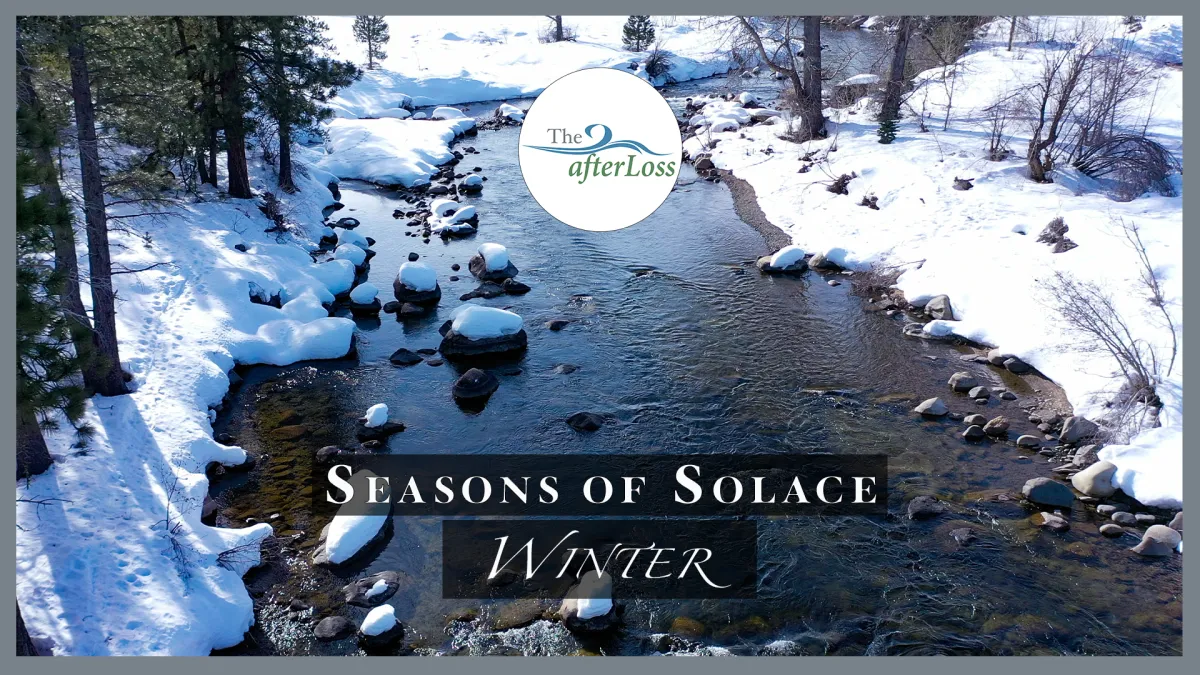
Seasons of Solace Meditation -
Winter Series
Coming Soon - November 2025
Testimonials
Maria Santos, Grief Journey Participant
Benjamin doesn't just talk about grief—he embodies the possibility of transformation. His presence alone is proof that we can not only survive our losses, but become more beautiful because of them.
David Chen, Workshop Participant
I came to Benjamin broken. I left knowing I was never broken—just breaking open. His work doesn't fix you; it reveals the wholeness that was always there.

© 2025 Benjamin Scott Allen. All rights reserved.
Built with reverence by Big Water Content Innovation.
[Privacy Policy]

